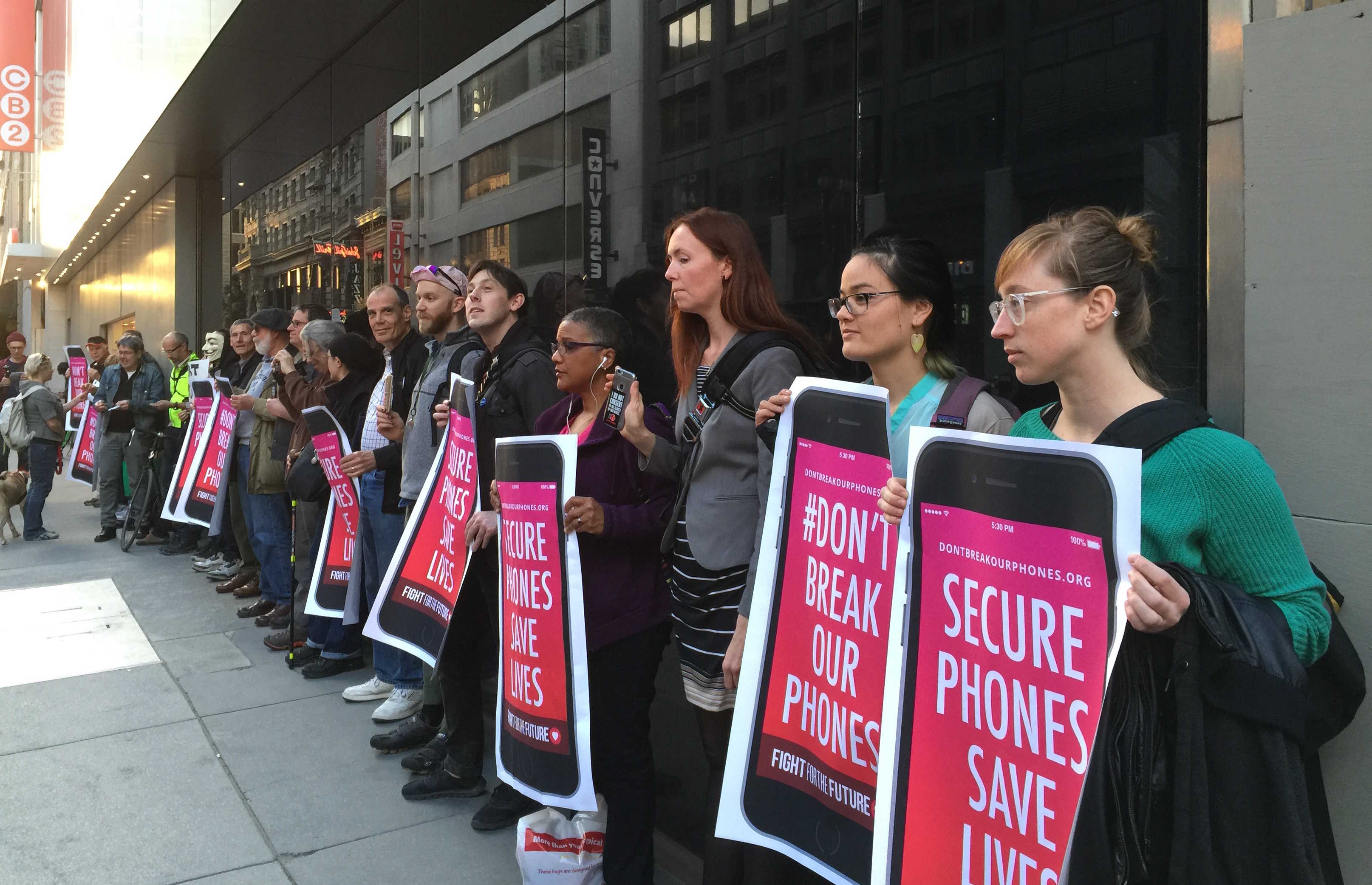An American Muslim woman whose iPhone was seized and held for several months by U.S. customs officers has filed a federal lawsuit that raises new data privacy questions over what we store on our devices.
After a flight from Zurich, Switzerland landed in New Jersey in February, Rejhane Lazoja said agents seized her iPhone 6s Plus after she refused to open it during questioning because it contained photos of her without her hijab, considered a form of undress in Muslim culture.
Lazoja was never accused of wrongdoing and eventually let go, however, she was not given a reason why the U.S. Department of Homeland Security confiscated her iPhone, according to a story on the website Ars Technica.
Her attorney says the phone was “forensically cracked” before it was returned last month and the lawsuit asks that the court order the federal government to delete information copied from her phone.
Data privacy controversy heats up
Albert Fox Cahn, of the Council on American-Islamic Relations and a lawyer on Lazoja’s legal team, told Ars they are asking for a motion to return property, a rule originally intended for tangible items seized.
“What we are seeing is an environment where the court recognizes a unique privacy interest in cell phones as repositories of the most intimate information one could have,” Cahn said. “They provided no justification for why they took the phone.”
A U.S. Customs and Border Protection spokesperson told Ars said warrantless digital searches at the border are rare. It said officers conducted digital searches 30,200 times in 2017, which represents less than 1 percent of the 397 million international travelers.
“The need for border searches of electronic devices is driven by CBP’s mission to protect the American people and enforce the nation’s laws in this digital age,” the spokesperson said.
The lawsuit adds a talking point to the conversation around digital privacy, which Apple champions as law enforcement seeks new tools to access information on encrypted smartphones and other devices.
Apple refused an FBI request to create a backdoor on an iPhone owned by one of the San Bernardino shooters. The FBI eventually paid a hacker close to $1 million and found nothing useful to the investigation.
Countries like the United Kingdom and Australia are considering laws to force tech companies to turn over encrypted information as requested in a warrant or face fines and jail time.
Source: Ars Technika


